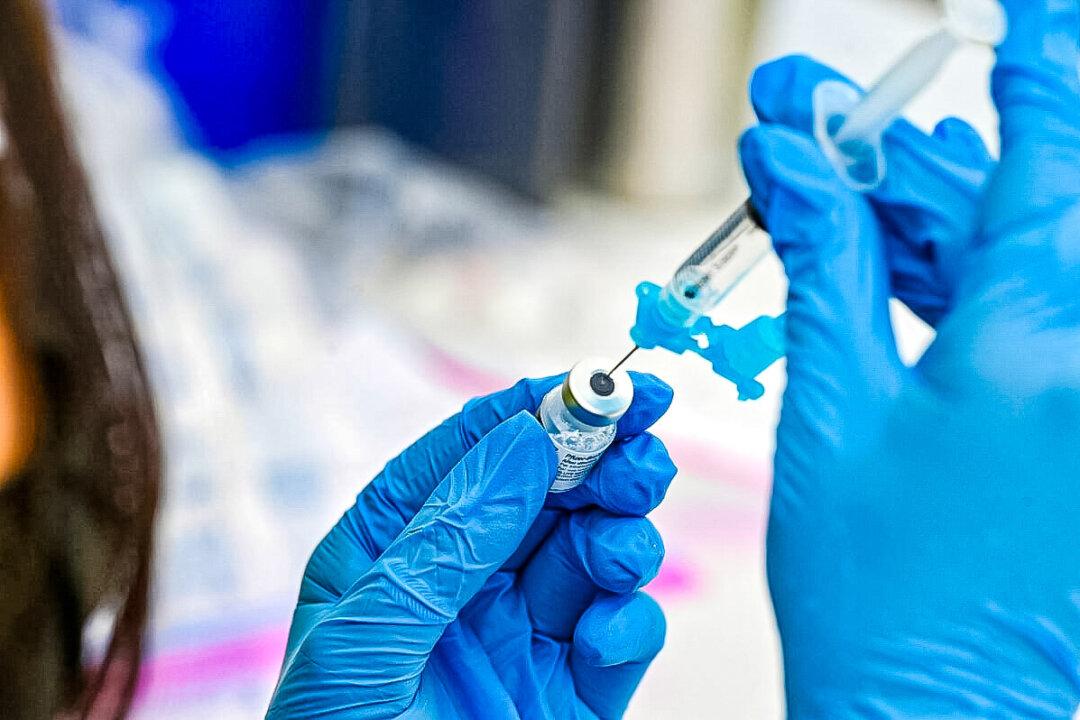One of Queensland’s largest hospital networks, Mater Health, has lifted its COVID-19 vaccine mandate following a recent Supreme Court decision.
Mater operates a network of hospitals in South East, Central, and North Queensland including the state’s largest private maternity and newborn facility.





